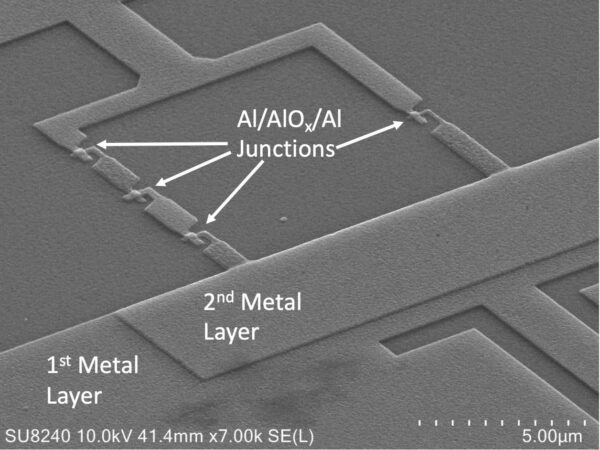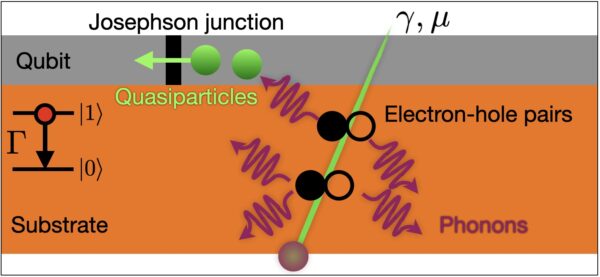Quantum technologies are the future in many fields of research and industry, including communications, computing, simulation and sensing. These technologies are currently at an early stage of development, having already demonstrated great disruptive potential in many areas. In particular in the high-energy area, there is emerging evidence that quantum technologies can provide a revolutionary set of tools that can open up new frontiers in the world of fundamental physics.
The ICRQ project, led by the Institute for High Energy Physics (IFAE) in Barcelona, together with the team from the Institute of Microelectronics of Barcelona CSIC (IMB-CNM-CSIC), will lay the first stones on the road to the development of quantum detectors using the technology of quantum superconducting circuits. These circuits behave like artifactual atoms with tunable properties and exhibit very high sensitivity to environmental perturbations. These circuits are programmed as quantum bits, or cubits, and are also the quantum information processing unit in quantum computers.
The ICRQ project represents a unique combination of equipment experienced in cubits (IFAE and IMB) and in low-background sensing such as LSC, which is necessary for the development of high-quality quantum sensors. Within the project, a dilution refrigerator will be equipped in Canfranc with the capacity to measure superconducting cubits. The IFAE and IMB teams will develop high-sensitivity cubits that will be put into operation at the LSC, one of the only underground laboratories in the world with these capabilities. With this experimental set-up, the impact of the absence of cosmic radiation on the cubits, and their characterisation as highly sensitive sensors to effects related to fundamental physics processes, will be studied.
ICRQ – Exp-17-2022David Castella García2023-02-21T11:38:20+01:00



